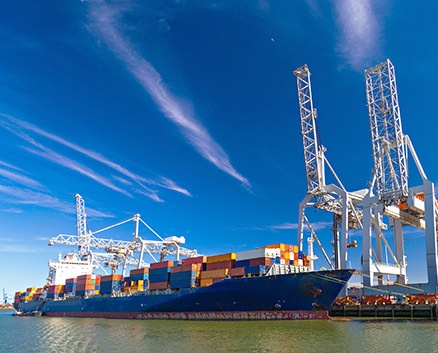 Glenn George, an advisor and expert witness in the global power and industries, oil and gas, mining, manufacturing, water, petrochemical, and related infrastructure sectors, discusses disputes in the international arbitration arena.
Glenn George, an advisor and expert witness in the global power and industries, oil and gas, mining, manufacturing, water, petrochemical, and related infrastructure sectors, discusses disputes in the international arbitration arena.
Q. What are some current issues in the international arbitration arena?
A. Three come to mind: construction disputes, especially related to power plants, pipelines, and similar infrastructure; energy contract disputes, especially those concerning natural gas because of the collapse in prices since many long-term contracts were signed; and the impact of Brexit on the contours of international trade, contracts, and dispute resolution. We’ll have to wait on that last one to see what happens when the political process in the UK has run its course.
Q. Can you talk a little more about construction disputes? What do they involve?
A. Construction disputes are a perennial issue. Large, complex projects often come in over budget and behind schedule, giving rise to a variety of conflicts, including litigation and international arbitration. This is particularly true for pipelines, power plants, and other energy infrastructure. Based on my research, the average construction cost overrun for one type of power plant is 207%. The challenge in finding a solution lies in the difficulty of creating a powerful and credible but-for scenario. For instance, if the power plant were completed and went on line in the but-for world, the price of electricity would go down, which means success would reduce the price of the commodity the company is selling. The but-for involves two elements: non-zero revenue if the plant were completed and went online, but at a market price lower than observed in reality. You need a combination of technical and economic expertise to put a wrapper around the situation.
Q. What causes disputes related to natural gas?
A. Natural gas is currently among the largest sources of disputes in the energy sector, many involving liquefied natural gas (LNG). LNG prices have plummeted in recent years as new supplies—including from the United States—have come online. As a result, many contracts are out of step with the market, which creates pressure for some sort of relief from long-term contracts that are deeply out of the money to one side and deeply in the money to the counterparty. Understanding this dynamic involves disentangling cause and effect in two markets: LNG and shipping. There is a great deal of volatility in both markets, as cycles of boom-and-bust—causing over- and undersupply of natural gas and LNG tankers (together with export and import terminals)—flow through both sectors. This makes a credible analysis of both liability and quantum of damages challenging and requires deep insight into both LNG handling (import and export terminals, as well as the tankers themselves) and the underlying natural gas commodity (both global supply—increasingly from US shale gas—and demand).
